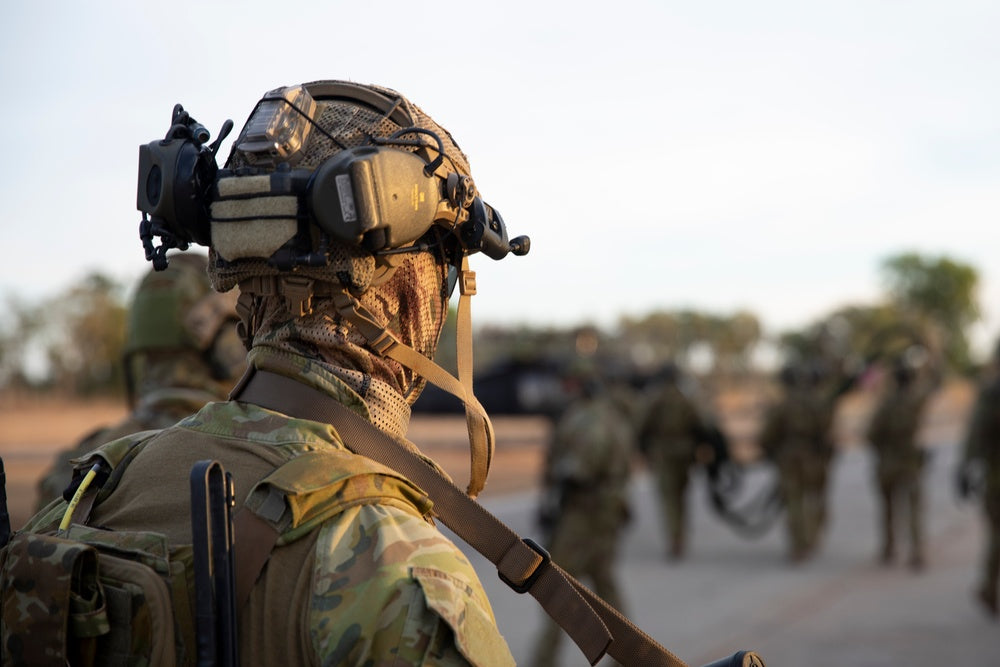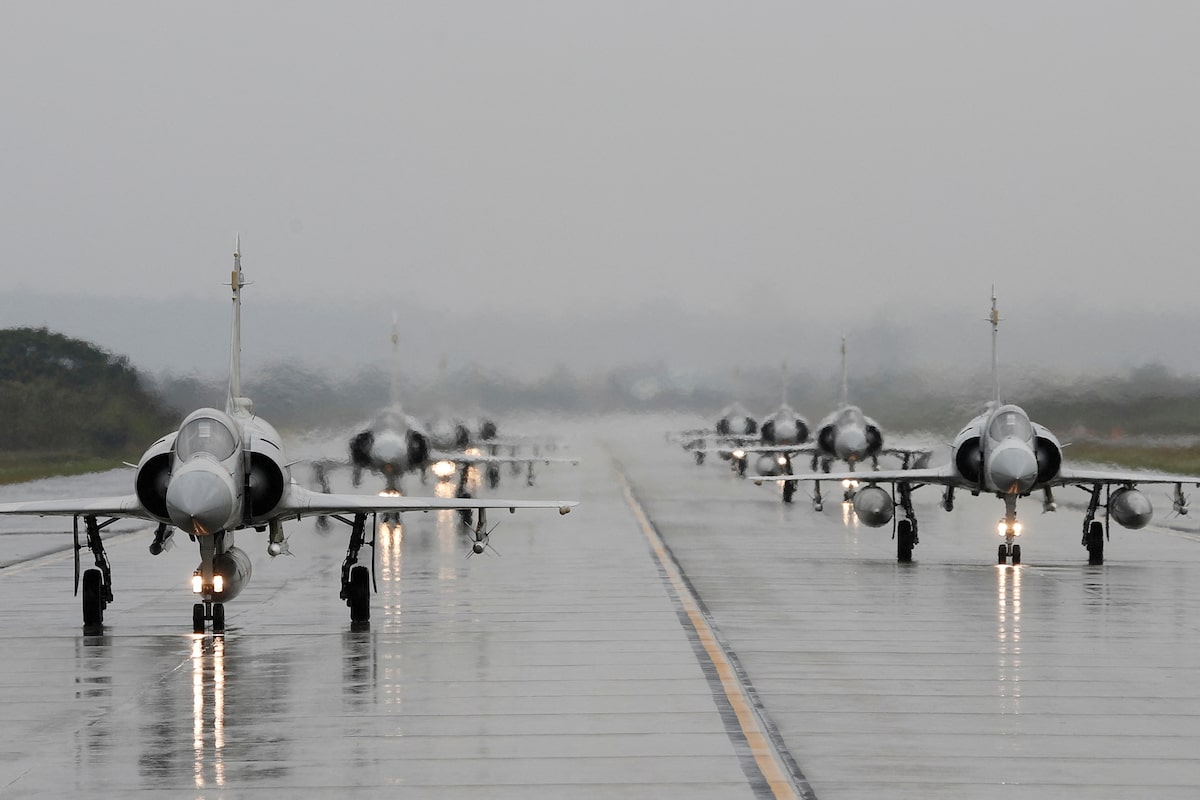
Australia to strip medals from veterans after alleged Afghan war crimes
PHOTO CAPTION: Illustrative photo — Australian service members are seen during joint Exercise Talisman Sabre 21, at Royal Australian Air Force Base Tindal, Australia, July 17, 2021. (U.S. Army photo by Spc. Matthew Mackintosh via U.S. Defense Visual Information Distribution Service)
By Alasdair Pal
SYDNEY (Reuters) - Australia will strip military awards from a group of war veterans over allegations those under their command committed war crimes in Afghanistan, Defence Minister Richard Marles said on Thursday.
A four-year inquiry chaired by Major General Paul Brereton concluded in 2020 there was credible information of the alleged unlawful killing of 39 people by or involving 25 Australian Defence Force members, as part of a culture of forcing junior recruits to kill defenceless captives to "blood" them for combat.
As part of delivering the final recommendations of the inquiry, known as the Brereton Report, Marles had written to several officers who served in Afghanistan, to inform them that medals awarded for service would be withdrawn, the defence minister said.
"The allegations which are the subject of the Brereton Report are arguably the most serious allegations of Australian war crimes in our history," Marles told parliament on Thursday.
"This will always be a matter of national shame."
The government has not named the officers who will lose awards or how many will be impacted.
Following the recommendations of the report, 19 current and former members of Australia's military were referred to a special investigator to determine if there was sufficient evidence to prosecute.
A former soldier was charged with war crimes last year.
Australia participated in a NATO-led international force that trained Afghan security forces and fought the Taliban for two decades following the removal of the Islamist militants from power in 2001
More than 39,000 Australian troops served in Afghanistan and 41 were killed.
(Reporting by Alasdair Pal in Sydney; Editing by Michael Perry)










